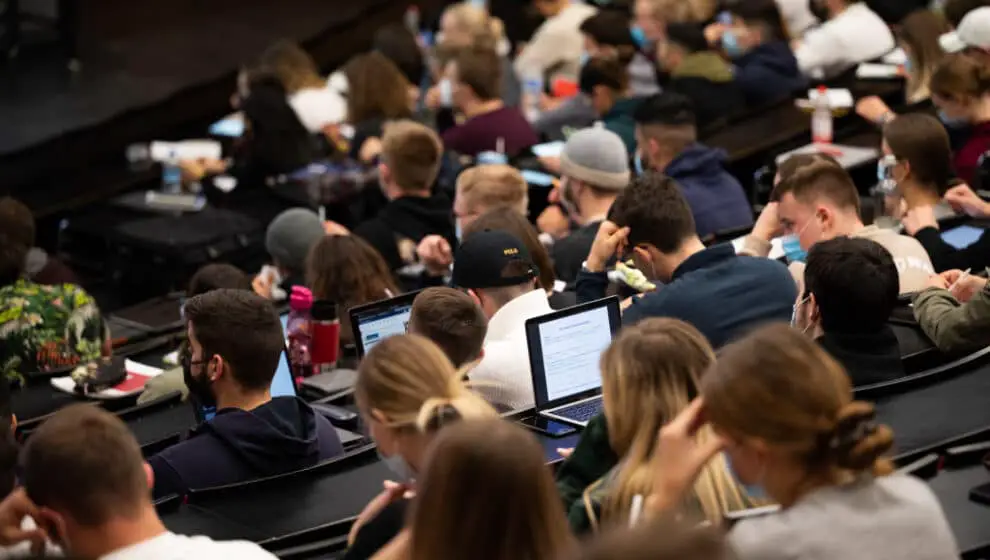In an effort to counteract students using OpenAI’s ChatGPT to cheat on coursework, some professors are reverting back to giving oral exams.
Key Details
- Oral exams give professors the option to quiz students and gain a better understanding of how much the student has actually learned in class.
- Unlike online or written exams, cheating during an oral exam is much more complicated and difficult to execute, The Future Party reports.
- This type of exam fell out of fashion decades ago, but it may still prove to be a valuable tool educators can use to ensure that diplomas only go to the students who have earned them.
Why it’s news
ChatGPT quickly became a concern for educators shortly after being launched to the public. With carefully worded keyword prompts, students can write full essays using the chatbot.
In addition to the ethics surrounding cheating, students using ChatGPT to complete coursework also means that professors do not have an accurate understanding of whether or not a student has learned the material. This could mean students graduate without actually learning anything, dragging down the value of a college diploma.
Oral exams were once common across all higher education, but are mostly used for medical degrees or postgraduate education in modern-day situations. Even then, oral exams are less common in higher education now than they were a century ago.
Written exams are not only easier for an educator to distribute, but they also provide students with easier access to the material. Oral exams may be an excellent way to showcase knowledge, but for students who do not speak or understand English as well as their professor, oral exams present an additional challenge.
The University of California San Diego has been testing oral examinations with its students. So far, professors have given around 7,000 oral examinations, The Future Party reports. Each exam takes 10 to 15 minutes and consists of several questions followed by explanations of how the student came to that answer.
Rather than focusing on memorization and regurgitation of information, oral exams force students to use critical thinking and application of knowledge to answer questions. In some cases, this method of testing is actually helping students boost their grades as they find it easier to practically adapt their knowledge rather than memorize lists of facts, The Future Party reports
In addition to encouraging practical thinking and discouraging cheating, oral exams have another advantage. When these students enter the real world, they rarely encounter situations where their test-taking skills will be useful. Instead, they will often find themselves putting their speaking skills to the test in interviews and presentations on the job.
